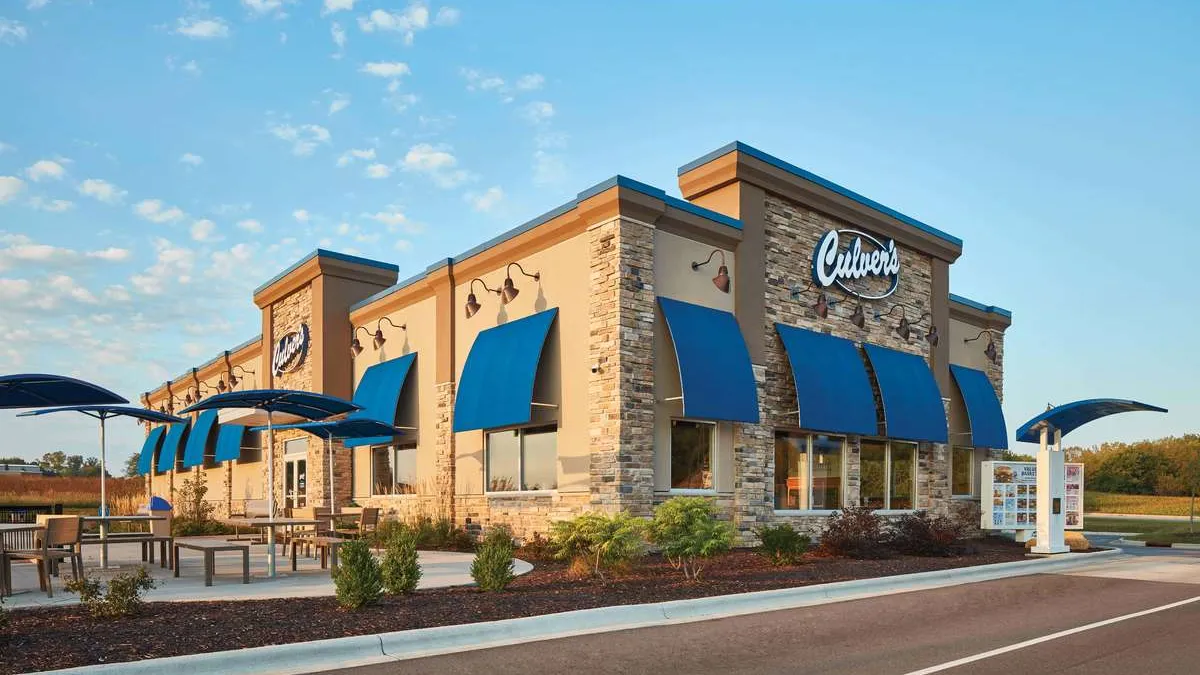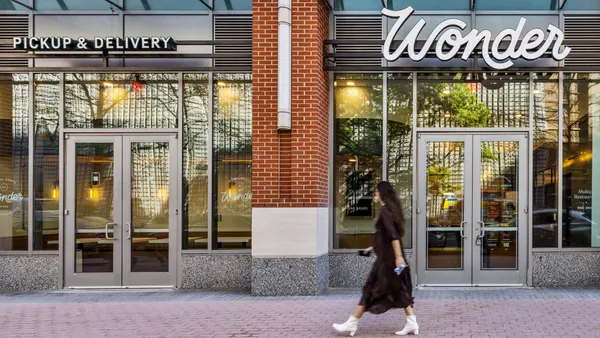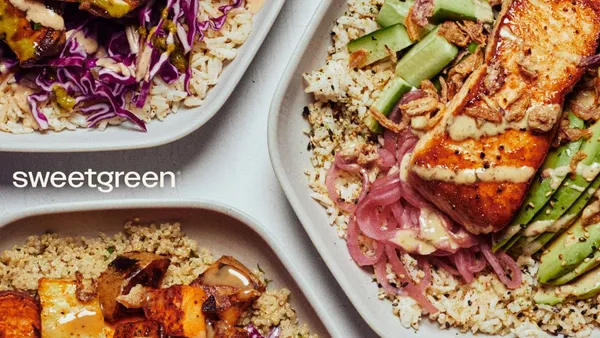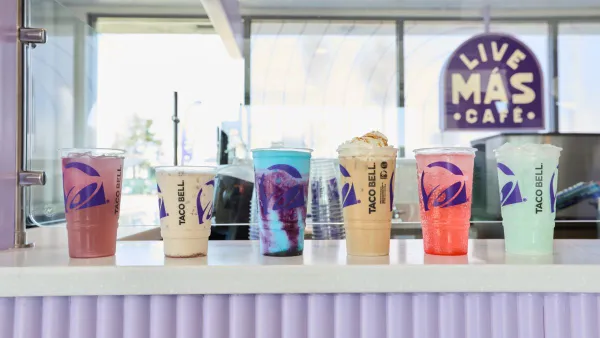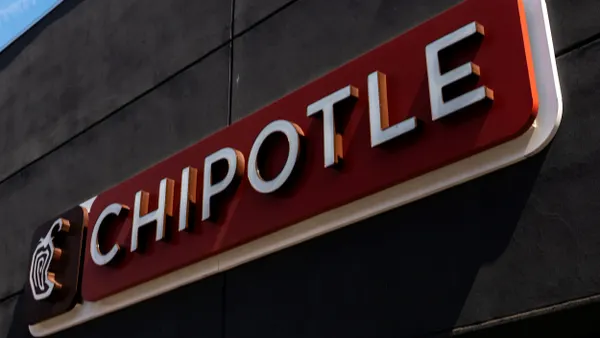LAS VEGAS — For Culver’s, the key to sustainable unit growth starts with developing store-level leaders.
The burger chain uses a mentorship program to transform restaurant managers into restaurant owners, Craig Culver, the co-founder, board chairman and former CEO of the brand, said Monday at the Restaurant Finance and Development Conference in Las Vegas.
The program pairs long-tenured general managers with owner-operators, who coach the GMs and then sign them on as partners for further expansion.
This approach has helped sustain the burger and custard brand’s unit growth, expanding from 837 at the start of 2022, per its franchise disclosure document, to 1,046 as of this month, according to Culver.
Growing franchise leaders from within its network, combined with leadership changes and a disciplined focus on store performance, has boosted traffic by over 5% and same-store sales by almost 10% — well ahead of competitors, Culver claims.
Mentorship serves multiple purposes
Culver’s mentorship program serves several immediate purposes. First, it gives managers the opportunity to advance, incentivizing a longer tenure with the brand. Second, it helps operators grow their systems organically with trusted restaurant-level management. And third, it ensures a supply of prospective franchisees who are already familiar with the brand’s operating standards.
“That's how we're growing,” Culver said. “We ship a lot of people out from Wisconsin, and elsewhere, to the new places that we're going and it's working.”
For many restaurant brands, a supply of trained managers sometimes acts as a check on expansion. In recent months, chains from company-operated fast casuals to global QSR franchises, have added incentive structures to try and retain store-level managers — and prepare them for greater responsibilities.
Last month, Taco Bell added a six-month training program to prepare its managers for careers higher up in the brand system. In October, Starbucks added a new assistant manager role across the vast majority of its stores to extend the tenure of shopfloor leaders through career advancement opportunities.
Culver said the owner-operator system, and the brand’s processes for recruiting other franchisees, are geared toward ensuring alignment between the chain and its operators.
“The last thing we want to do is get somebody in business that isn't going to succeed at it,” Culver said.
This stems, Culver said, from an insight that the business is founded on interpersonal relationships. That emphasis on connection extends to the restaurant experience and to the drive-thru.
“The drive-thru is now about 60% of our business. We try to take that hospitality to the drive-thru, as well. But it's certainly easier when you're looking at one of your guests face to face and walking around the dining room,” Culver said.
The chain sees its on-premise experience — including warm greetings from employees — as a competitive edge over other QSRs.
Culver’s strong brand identity and distinctive menu — ButterBurgers and frozen custard — have helped it build up an average unit volume of roughly $4.2 million in 2025, Culver said.
The brand has also made some key strategy changes to support its goals. So far this year, Culver’s promoted CMO Julie Fussner to CEO, reworked its chicken sandwich platform and brought back variations on its popular Curdburger LTO.
But the chain is restrained in its growth ambitions, Culver said.
“We all have egos. We all do. Certainly, I do as well. Do we want to grow? Yes, but I'm not here to see how fast we can get to 2,000 or 3000,” Culver said. “I want to do it the right way and continue to grow the right way. If we do that, things will take care of themselves.”



